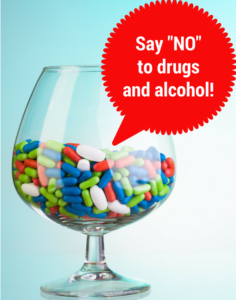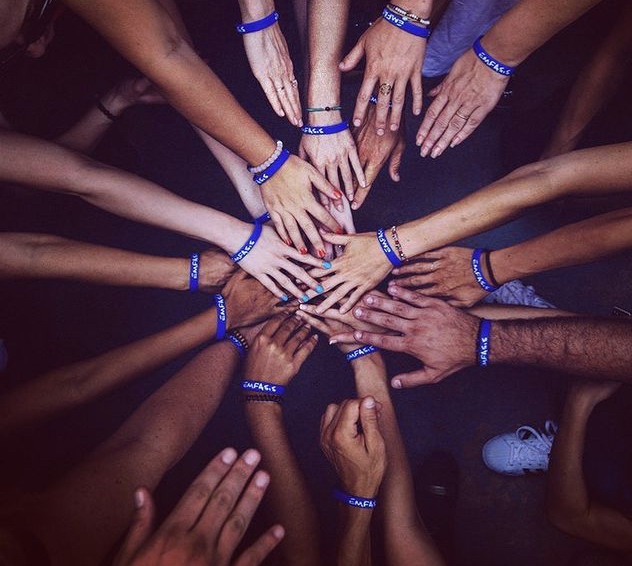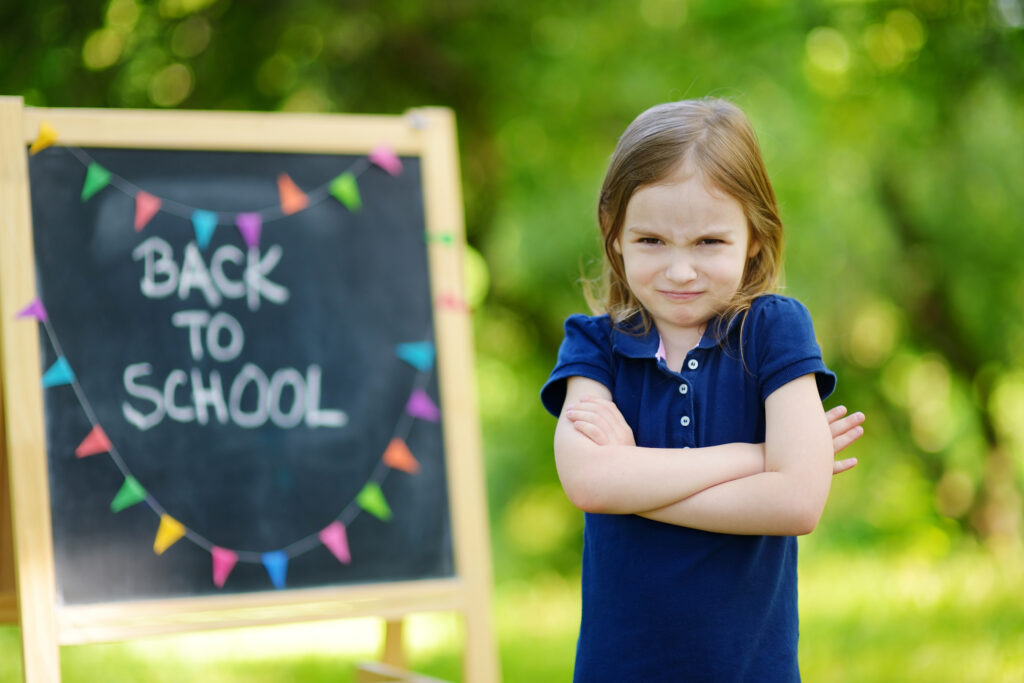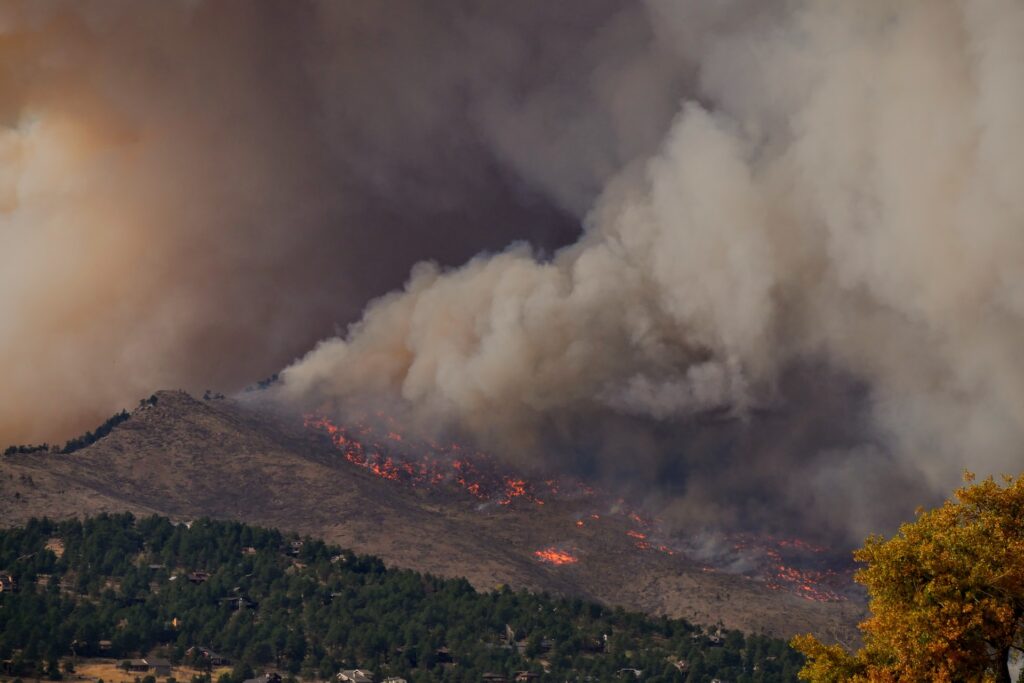Will Your Child Dare to Resist Drugs and Alcohol?
One of a parent’s biggest fears is the thought of their children becoming addicted to drugs and alcohol or experiencing a serious accident while under the influence. Many drug abuse education programs have tried to come up with school-based curriculums to teach about the dangers of drugs and alcohol abuse. However, it turns out that not all programs are effective or research-proven. Timothy Wilson, social psychologist, has compiled the research and figured out what is working and what isn’t.
What Not To Do when it comes to teaching about the dangers of drugs and alcohol
Although the D.A.R.E drug and alcohol abuse prevention program was extremely popular and delivered to over 75% of school districts in the USA and over forty other countries, including Canada, once the research was collected, it shocked many by proving to be ineffective!
Timothy Wilson calls these kinds of approaches “bloodletting” because one thinks they make sense and should be effective but in actual fact they’re not helpful, and can actually cause harm.
One of the reasons, the program was actually found not to work was due to the fact that it’s delivered by police officers. The rationale was that by having the police deliver the program, it would break down barriers and stereotypes about police, but in actuality, the kids who were already feeling alienated and at higher risk for drug and alcohol use are more inspired to rebel against the police.
Research shows it’s not enough to teach kids to just say “no” – they need to learn how to say “no”.
It’s also not enough to read out all the dangerous health facts. Kids are more influenced by what their peers are doing than by what the science shows.
What To Do to be proactive about preventing drug and alcohol abuse
- Kids need to learn assertiveness skills in order that they know how to say “no”, which includes practice at role-playing
- Be aware of who your kids are hanging out with – when teens hang out with other at-risk teens, they are more likely to copy their risky behaviours
- Correct the perception of what others approve of and what their peers are actually doing – when kids think that the actual number of teens drinking, smoking, doing drugs etc. is low then they feel less peer-pressure to participate
- Emphasize the statistics of teens who are not using drugs and alcohol
- Prevent kids from feeling alienated and disengaged – as mentioned in last week’s article on social anxiety, volunteer work within one’s community is a proven way to keep kids connected and see themselves in a positive light
- Monitor the movies our kids see and boycott the ones that glamorize smoking and drinking (see http://smokefreemovies.ucsf.edu/)
- Watch anti-smoking ads with them
- Talk to our kids. Ask how many of their friends smoke and drink. Point out that for each one smoking or drinking, there’s probably a group of others who feel uncomfortable with it
We Are What We Think!
According to Timothy Wilson, the stories we tell ourselves are the ones we live our life by.
By altering these stories we can create effective change. If we see ourselves as assertive, healthy, connected to our community and part of a majority peer group who doesn’t believe in using drugs and alcohol, these are the biggest protective factors.
Interestingly, he doesn’t comment on any research which looks at belonging to a sports team as a protective factor. I haven’t looked at the research on this either, but it would fit with the story-editing approach, that if we see ourselves as an athlete, then we would want to engage in activities that would enhance that image vs. compromise it.
Warmly,
Want to Connect?
Subscribe now to receive free weekly parenting tips and inspiration.








